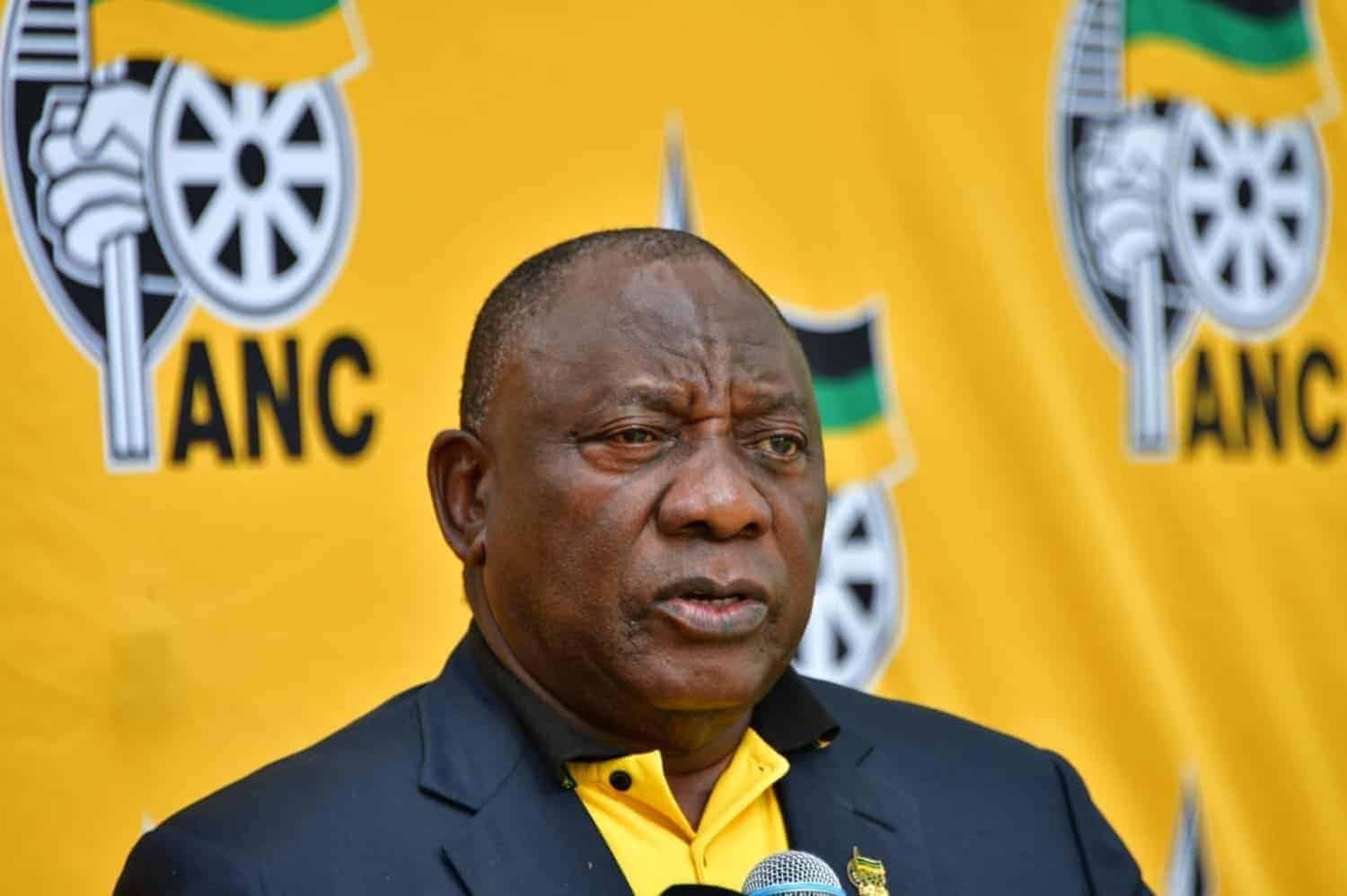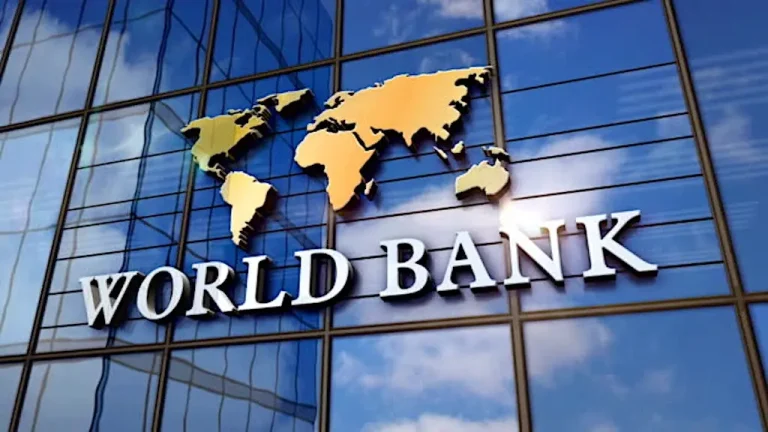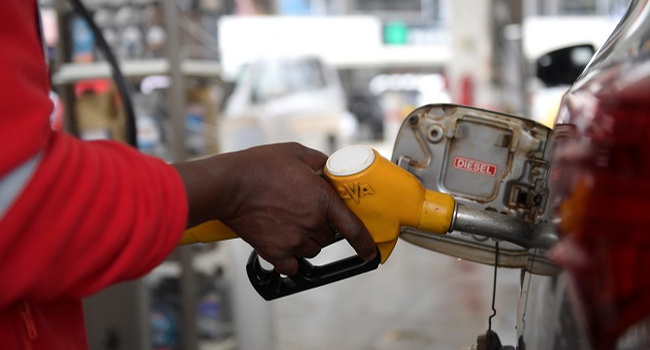
Questions have been raised about whether the money that has been used for ANC events comes from clean and ethical donors.
This comes after controversial businessman Brown Mogotsi told the SABC this week that he has helped raise funds for the party.
Mogotsi also insists he is still a member of the ANC until his membership expires at the end of this month.
“The January 8 function, the ANC itself cannot transport all the people, so if there is any businessman who is ready to assist, they can,” he said.
“The 8 January [celebrations], which we are now talking about, the national officials of the ANC all came with one boat from Cape Town to Robben Island.
“It is Fikile Mbalula alone who came with a luxurious boat owned by a foreign national company. Do we have to question him? And did he declare it? What should we say?
“In the 8 January celebrations, you will get donations and you will be assisted by different people, it does not necessarily mean that when you assist, you are a cartel.”
Mogotsi’s links
Mogotsi has been linked to another controversial businessman, Vusimuzi “Cat” Matlala, who has been implicated in the Madlanga Commission of Inquiry.
KwaZulu-Natal provincial police commissioner Lieutenant-General Nhlanhla Mkhwanazi told parliament on Wednesday that Matlala and businessman Katiso “KT” Molefe were among a “Big Five” of cartels. These five tenderpreneurs amassed large amounts of money through alleged criminal acts.
“We did not put their [the other three businesspeople’s] names because we did not want to implicate people before they appear incourt.”
The problem with taking money
Political analyst Theo Neethling from the University of the Free State (UFS) said that political parties must be more discerning when it comes to how they source donations.
“If South African parties are serious about ethical governance, they must go beyond mere legal compliance,” he said.
“This means establishing internal vetting systems for donors and adopting clear ethical guidelines on which contributions to accept or reject.
“Ultimately, the integrity of South Africa’s political system depends on whether parties are willing to prioritise ethical funding practices over financial convenience. Until this happens, the perception — and sometimes the reality — of money shaping politics will remain.”
Neethling said even though the Political Party Funding Act of 2021 had brought long-overdue transparency to party finances, concerns persist about the flow of money from questionable or opaque sources.
“The lingering influence of business interests and patronage networks means that financial contributions often raise questions about accountability and undue influence. Moreover, this issue is compounded when political parties experience financial strain, as the ANC currently appears to do,” he said.
ALSO READ: Ramaphosa makes admission over ‘copy the DA’ comments
The relationship between business and politics
Political analyst Ntsikelelo Breakfast said it will be difficult for political parties to ensure that they do not receive money from businessmen who could have skeletons in their closets.
“This would be very difficult, because upfront they may see a legitimate businessman, but this is not only concerning for the ANC but for other parties as well,” he said.
He said the relationship between business and political parties is a complicated one because in most instances the donors always expect to get something back from the political party.
“Some people give the ANC money because they know that they are going to get business,” he said.
Mbalula warns ANC members about criminals
ANC secretary-general Fikile Mbalula has said his party has been infiltrated by criminal elements who are using the party for their own interests.
Mbalula also said people like Mogotsi would use the names of ANC leaders to gain access to certain people and gain favours.
NOW READ: How the Madlanga commission is reshaping SA’s global image


